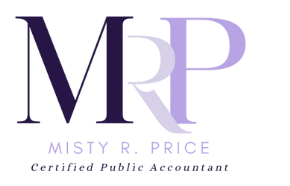
Need help?
352-247-4373
Click

352-247-4373
Preparing and filing Form 1099s for independent contractors is a vital year-end responsibility for any business. While it can be time-consuming, doing it correctly helps ensure accurate tax reporting and protects you from potential penalties. Below is an overview of what Form 1099 reporting entails, why it matters, and the steps involved in issuing these crucial documents to your vendors.
Accurate Tax Reporting
Form 1099s allow the IRS to track payments made to non-employees or vendors who aren’t on your company’s payroll. By issuing these forms, you help vendors correctly report their income, which is a legal requirement for both parties.
Avoiding Penalties
Late or incorrect filings can lead to significant financial penalties. The IRS sets strict deadlines—generally January 31 for the 1099-NEC—and failing to comply can result in fees that grow the longer you wait.
1099-NEC
This form is commonly used to report “non-employee compensation,” including payments to independent contractors, freelancers, or sole proprietors who have been paid more than $600 in a calendar year. The filing deadline is January 31, giving businesses 31 days from year-end to prepare and issue the forms.
1099-MISC
This form covers various types of payments not classified as non-employee compensation, such as rent, awards, and certain medical or healthcare payments. You must file 1099-MISC forms by February 28 (paper) or March 31 (electronic) if payments reach or exceed $10 in royalties or $600 for other categories.
Relying solely on manual processes and spreadsheets to handle 1099 reporting can be prone to errors and time-consuming—especially during the busy year-end close. As a licensed CPA, I offer streamlined solutions that include:
Implementing modern accounts payable automation reduces repetitive data entry and the chance of mistakes.
From identifying your 1099 vendors to distributing forms on time, I provide step-by-step assistance to ensure compliance.
By staying involved throughout the year, I help keep your AP records organized, making year-end 1099 preparation far more efficient.
If you need professional support with Form 1099 vendor reporting, reach out today. Together, we can minimize the burden of these requirements and ensure your business remains in good standing with both vendors and the IRS.
Disclaimer: The information provided here is intended for general guidance and does not replace personalized advice. Consult with a qualified tax professional for advice specific to your circumstances.
